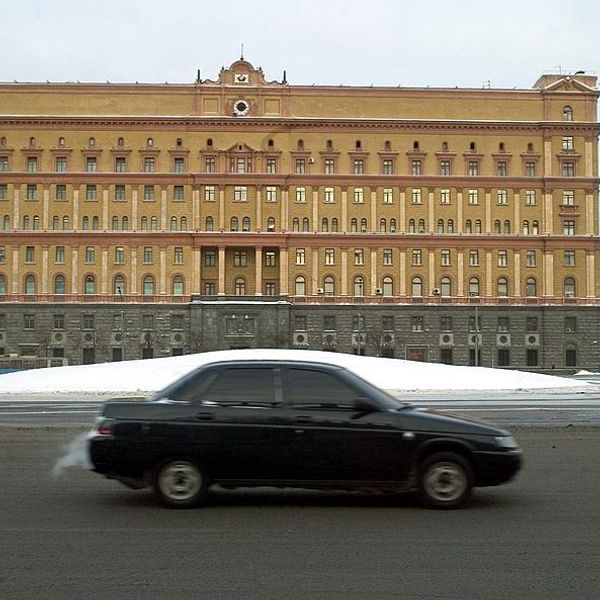Bottom Line Up Front
- Given its history, geography and demographics, Southeast Asia has proven to be hospitable terrain for myriad terrorist and insurgent groups.
- A recent attack against a church in Jolo in the southern Philippines highlights the enduring nature of the threat posed by jihadist militancy.
- Indonesia, the world’s most populous Muslim country, has also faced a significant challenge from groups linked to al-Qaeda and the Islamic State.
- There is growing concern that foreign fighters returning from Iraq and Syria will drastically alter the nature of local conflicts throughout Southeast Asia.
Throughout Southeast Asia, entrenched rivalries, repeated splintering of terrorist organizations, and infighting between factions of jihadi groups have limited their reach in the recent past. However, there are numerous terrorist groups active in the region, from Jemmah Islamiyah and the Abu Sayyaf Group, to older groups like the Moro Islamic Liberation Front (MILF). Geography is also a critical factor. In some ways, it facilitates terrorism and insurgency, since the islands, peninsulas, and archipelagos that dot the region are particularly difficult to govern. But in other ways, geography is a blessing for authorities in the sense that the Philippines and Indonesia are difficult to reach from the battlefields in Syria and Iraq and are dispersed across a vast distance, making it harder for jihadists to concentrate or mass forces in any one area. There have been terrorist attacks launched in the Philippines by foreigners, however. July 2018 was the first known case of suicide bombing in the Philippines—an attack claimed by the Islamic State and perpetrated by a Moroccan national against a police checkpoint using a vehicle-borne improvised explosive device.
Just last week, twin bombings at the Cathedral of Our Lady of Mount Carmel rocked the island of Jolo near the southern tip of the Philippines. The attack killed 20 and wounded more than 100 people. The so-called Islamic State (IS) claimed responsibility, although local officials believe that the attack was the work of the Abu Sayyaf Group, a violent jihadist group that has been excluded from peace talks between the Filipino government and rebel groups in Mindanao. While some of its members and former members have sworn allegiance to IS, the group as a whole has not done so. There is speculation that Abu Sayyaf Group militants use the IS brand when convenient, but that many of its fighters move interchangeably among crime, terrorism, and insurgency. In 2017, a former commander from the group named Isnilon Hapilon led a coalition of militants in the siege of Marawi, an operation partially funded by IS. The five-month battle left the city in ruins. If the government fails to help with badly needed reconstruction, it could provide a new wave of grievances for IS to exploit. A scorched earth counterinsurgency campaign, as promised by the Philippines President Rodrigo Duterte, could also prove counterproductive by driving the local population back into the arms of militants.
Jihadist militancy has deep roots in Southeast Asia going back to the days of al-Qaeda. High-ranking al-Qaeda leaders held important meetings in the region, and al-Qaeda’s operational planning expert Khalid Sheikh Mohammed maintained a working relationship with Riduan Isamuddin, aka ‘Hambali,’ one of the terrorists linked to the 2002 Bali bombings. Other countries in Southeast Asia, including Indonesia, the world’s most populous Muslim country, have also faced a significant challenge from groups linked to al-Qaeda and the Islamic State. In January 2016, IS claimed responsibility for a suicide attack at a Starbucks in central Jakarta. Then, in May 2018, a family suicide attack against churches in Surabaya was traced back to Jammah Ansharut Daulah, an Indonesian jihadist group that has pledged allegiance to IS.
There is growing concern that foreign fighters returning from Iraq and Syria will drastically alter the nature of local conflicts throughout Southeast Asia. The Islamic State will attempt to highlight the sectarian element of the recent Jolo attack to attract foreign fighters to the Philippines. Moreover, as witnessed in other conflicts, notably in Chechnya in the 1990s, even the arrival of a small group of jihadists can change the nature and intensity of a conflict. If successful, this could prove to be a model for future IS-driven expansion, where returning or exiting foreign fighters seek to embed themselves in entrenched separatist movements already engaged in guerilla warfare against the state. As part of a recent peace agreement in Mindanao that will provide for an autonomous region in a mostly Muslim enclave, there could be tens of thousands of rebels from the MILF that undergo some form of demobilization. However, given the challenges of similar programs in other parts of the world, there remains a strong possibility that at least some portion of those fighters will not be reintegrated and instead seek to link up with existing rebel groups, providing an infusion of battle-hardened fighters.











